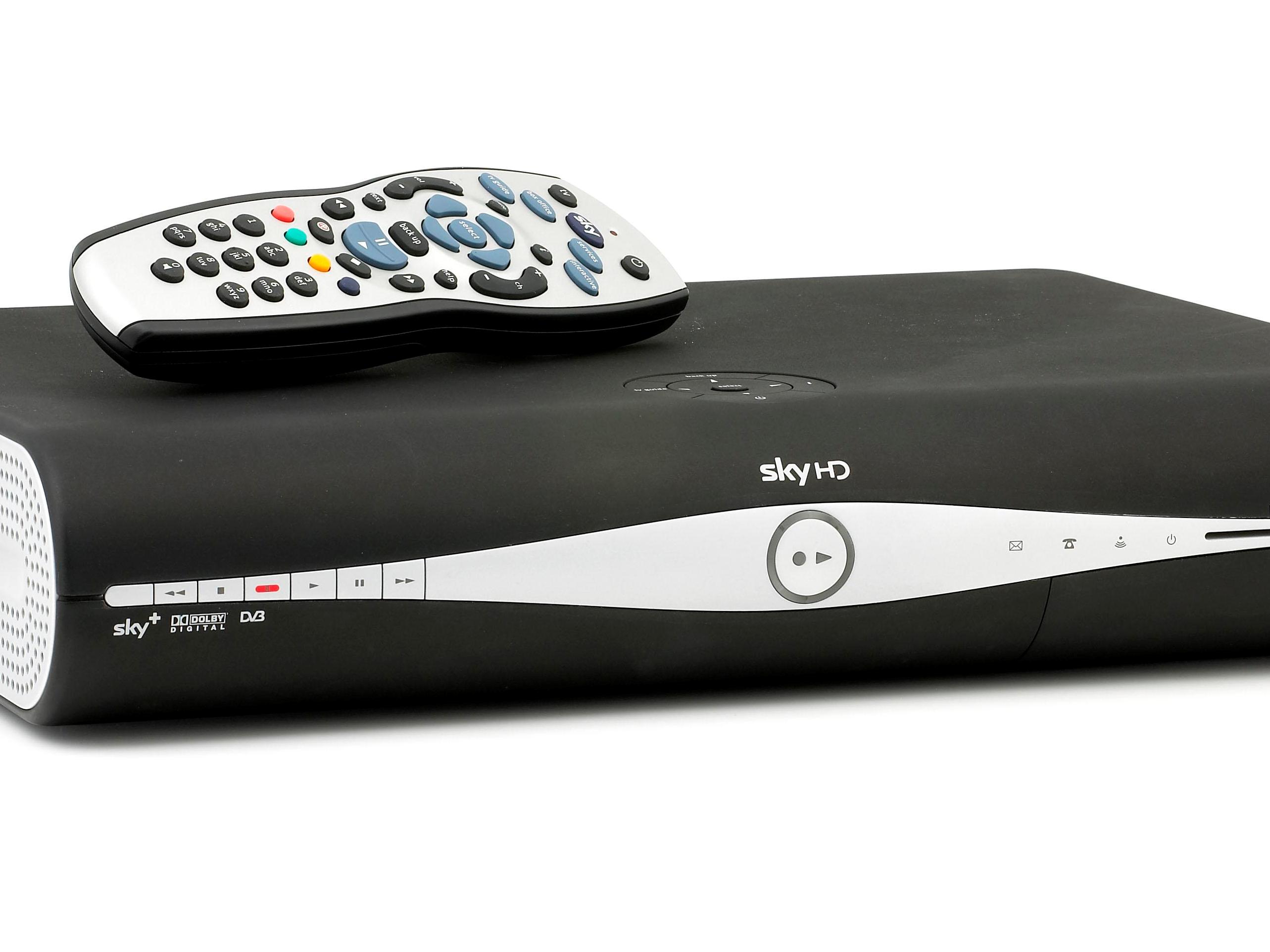Sky to cut energy use with Auto Standby mode
Firmware upgrade designed to cut your energy bill

Sky is introducing a new feature which automatically switches off inactive Sky HD and Sky boxes, putting them into standby mode over night. Sky says it's the latest step in its on-going commitment to reduce its impact on the environment and in helping millions of customers to take small steps to reduce theirs.
The Auto Standby mode will be added to the Sky boxes of more than two million customers over the next two months. Delivered as a firmware upgrade, the update will be streamed down to all Sky HD boxes from tomorrow and then to Sky boxes in stages throughout the summer.
"This new enhancement forms part of Sky's plans for ensuring its products are as energy efficient as possible. Since the launch of Sky Digital, the energy consumption of Sky's new standard boxes has been reduced by 50 per cent and Sky plans to roll out Auto Standby to the majority of its customers by mid next year," said a Sky spokesperson.
"When Auto Standby is rolled out to all Sky HD and Sky boxes and the annual savings are added together, Auto Standby could save enough energy to light all the homes in Wolverhampton or power all the washing machines in Liverpool for a year. It could also slash £7.5 million from customers' electricity bills and reduce the UK 's carbon dioxide emissions by 32,000 tonnes a year."
Energy campaign
How much power the Sky boxes will use up when in standby mode is unclear. However, the Less Than a Watt campaign, set up by our sister magazine T3 Home , says that some inefficient home appliances can use up as much as 30 watts even when in standby mode.
"Some well-engineered devices draw just milliwatts of current in standby, while others continue to suck up to 30 Watts from the mains and, at the moment, there is no legislation to keep the figure down," it says on its website.
It wants to award appliances that use less than a watt when in standby mode a 'less than a watt' logo. The site says that, in theory, everyone is behind such a move, but that nobody has done enough to make it actually happen. It has set up an online petition to raise awareness of this issue.
Sign up for breaking news, reviews, opinion, top tech deals, and more.

James was part of the TechRadar editorial team for eight years up until 2015 and now works in a senior position for TR's parent company Future. An experienced Content Director with a demonstrated history of working in the media production industry. Skilled in Search Engine Optimization (SEO), E-commerce Optimization, Journalism, Digital Marketing, and Social Media. James can do it all.